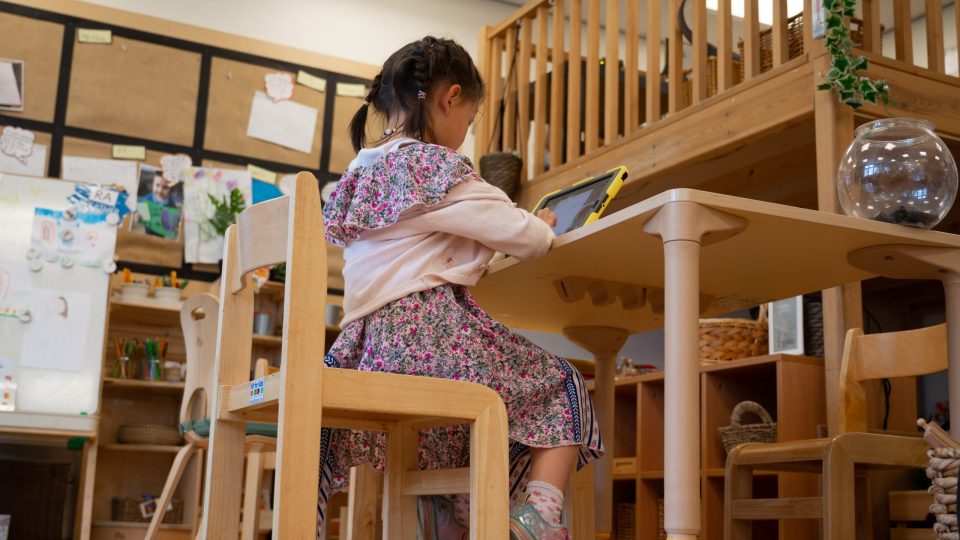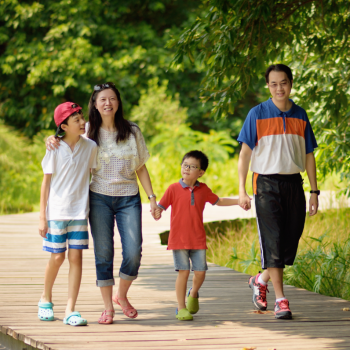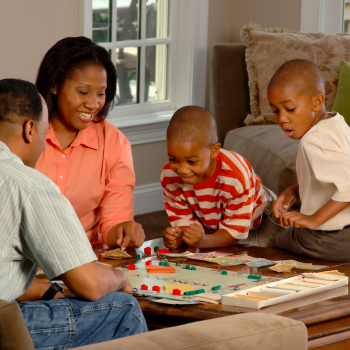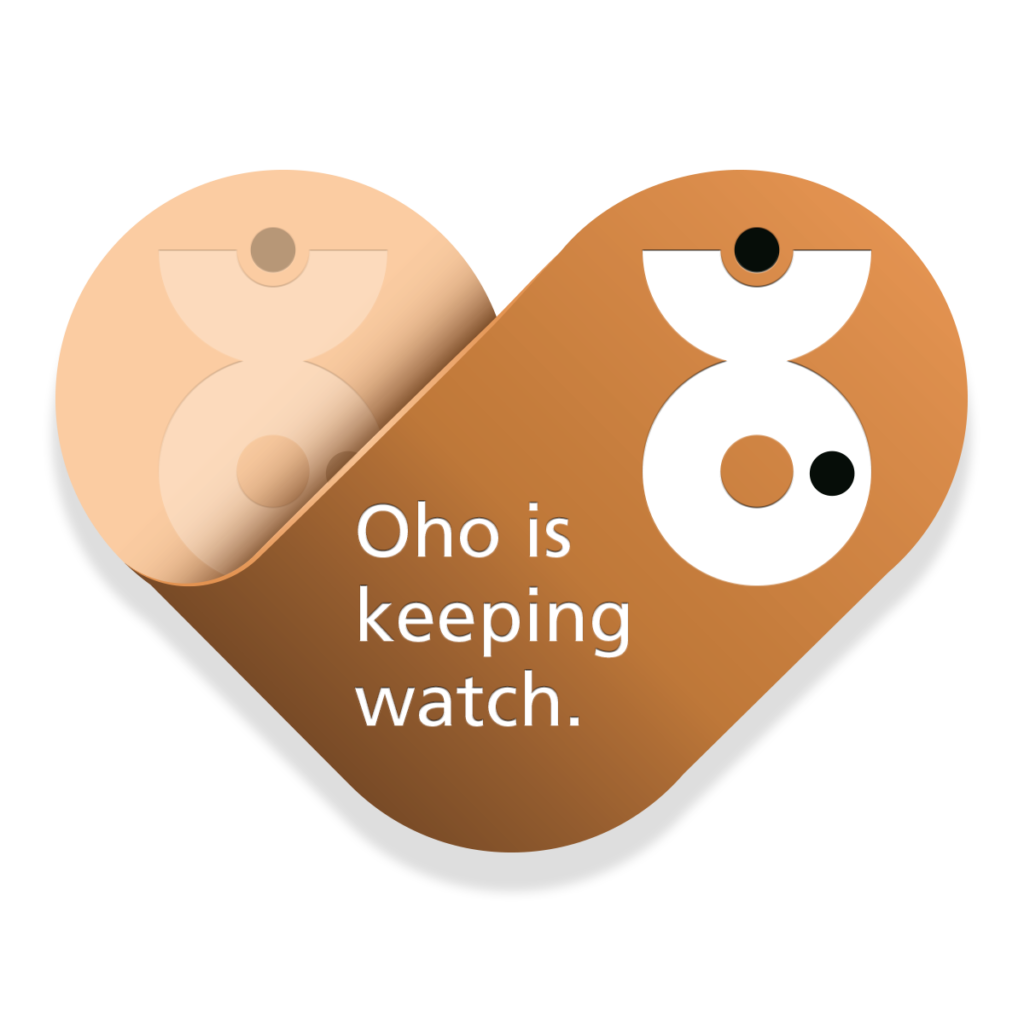Keeping your child safe online should always be a top priority. However, at a time when keeping children off of technology seems an impossible task, internet safety is more important than ever. Between periods of remote schooling, increased reliance on technology for schoolwork and extracurriculars, and an increase in free time at home, the pandemic has led to a growing number of children using the internet. And unfortunately, although technology has many benefits, it also comes with its own set of safety risks.
Without proper safety measures, children and teens can be very vulnerable online. According to the eSafety Commissioner, one in four Australian young people have been contacted by a stranger online. While many of these communications can be innocuous, they can sometimes lead to unsafe situations when not handled correctly. This is why it is incredibly important to closely monitor your child’s online use and teach them internet safety. Just like teaching your child to look both ways before crossing the street, online safety skills need to be explicitly taught.
We know that this is no easy task, especially when use of the internet can feel impossible to control, so we’ve collected our favourite internet safety tips for parents of children and teens.
1. Enforce time limits
Enforce time limits for using technology and keep time on screens structured. This makes it easier to monitor a child’s internet use, as well as maintains clear boundaries between the internet and daily life. This is especially important if your child is spending extra time online for school or other activities.
2. Keep technology in shared spaces
We recommend keeping use of the internet limited to shared spaces of the home, especially for younger children. Keeping screens out of the bedroom and bathroom eliminates the risk of online predators soliciting pictures from children. In addition, it makes time limits and monitoring of online activity easier. You might also consider taking away devices at bedtime, for example having children leave their phone or iPad in a shared space for the night to charge.
3. Restrict social media use
For younger children, social media use at all is not recommended. The sharing of personal information and photos as well as the facilitation of interactions with strangers is unsafe for a young child. For older children or teens, limit what social media accounts they use, and always make sure they have the highest privacy settings enabled.
4. Monitor apps and websites
Always pay close attention to the applications and websites your child is using. If they ever download something that is unfamiliar or raises concerns, do your research and have a conversation with them about it.
5. Use parental controls
Use of parental controls and online filters can help keep your children from accidentally accessing unsafe sites on the internet. Make sure you have set up controls on all devices, however these are not foolproof and can be bypassed so make sure you are also actively monitoring their use.
6. Have open conversations
Have age appropriate conversations with your children about the dangers of internet use. For younger children, this can mean instructing them to tell an adult if anyone asks for “nude or rude” photos and telling them to never interact with strangers online. For older children or teens, it can be beneficial to have an open and honest conversation about the risks of predators online. The more you talk about these risks, the more prepared your children will be to avoid unsafe situations.
7. Remember, danger does not always come from strangers
Remember that unwanted or unsafe attention does not always come from strangers. Teach your children to tell you if anything makes them uncomfortable, even if it comes from someone they know in real life.
8. Remember, it’s okay to be rude
Instruct your children that if they ever feel uncomfortable or unsafe, it is okay to be rude. Children should never feel obligated to respond to messages or advances that make them feel unsafe, however, just like adults, they often do not want to risk appearing rude. Tell them often that it is always okay to say no or ignore someone if they do not feel safe.








